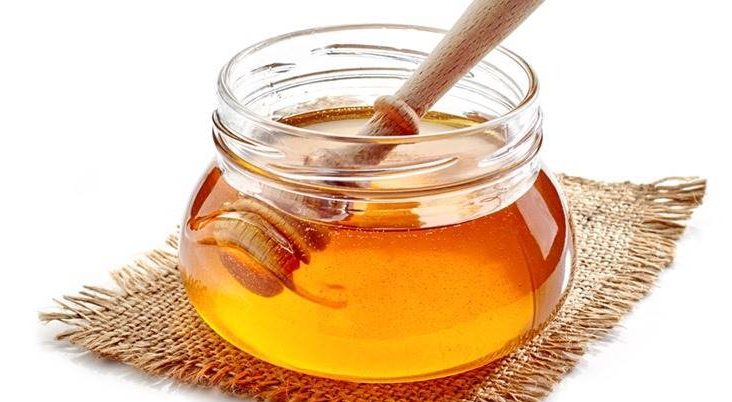A number of honey brands in the country have failed key tests to measure the presence of sugar in their product. The test results were shared by Delhi-based Centre for Science and Environment (CSE) on Wednesday. Tests by the CSE with laboratory studies showed that 77 per cent of the honey samples were found to be adulterated with sugar syrup.
Honey samples from brands such as Dabur, Patanjali, Baidyanath, Zandu, Hitkari and Apis Himalaya failed the tests of the internationally accepted Nuclear Magnetic Resonance Spectroscopy or NMR test, the CSE has said in its report. Only three out of the 13 brands – Saffola, Markfed Sohna and Nature’s Nectar (one out of two samples) passed all the tests.
Under the Food Safety and Standards Authority of India (FSSAI), anything added to natural honey, including sugar syrups, before sale, is illegal. The CSE found that some Chinese companies were exporting the syrups to India and their price was about half the price of the honey.
The samples of the brands were tested at the Centre for Analysis and Learning in Livestock and Food (CALF) at National Dairy Development Board (NDDB) in Gujarat. According to CSE director Sunita Narain, this is a food fraud “more nefarious than what we found in our earlier probes into soft drinks”. At a time people are fighting COVID-19, they are turning to natural products with the trust and faith that these would improve their health. However, if such products lead to overuse of sugar, it can have negative impact on people’s health. People consume honey because of its goodness, but if there is sugar syrup adulteration in it instead, it can lead to obesity and that can be life threatening.
The companies refuted to the CSE’s allegations. A Dabur spokesperson said that “no honey or syrup from China” is added to their honey and it is “100 per cent pure”. An Emami spokesperson said that “Zandu Pure Honey adheres to all the standards laid down by the government”.
CSE took up the investigation on noticing some glaring gaps. Beekeepers were leaving the profession due to losses, and yet the sale of honey was going up. It was suspected that additional of impurities may have caused this imbalance. This made the CSE feel that something was amiss and the matter needed to be probed into.


Comments are closed.